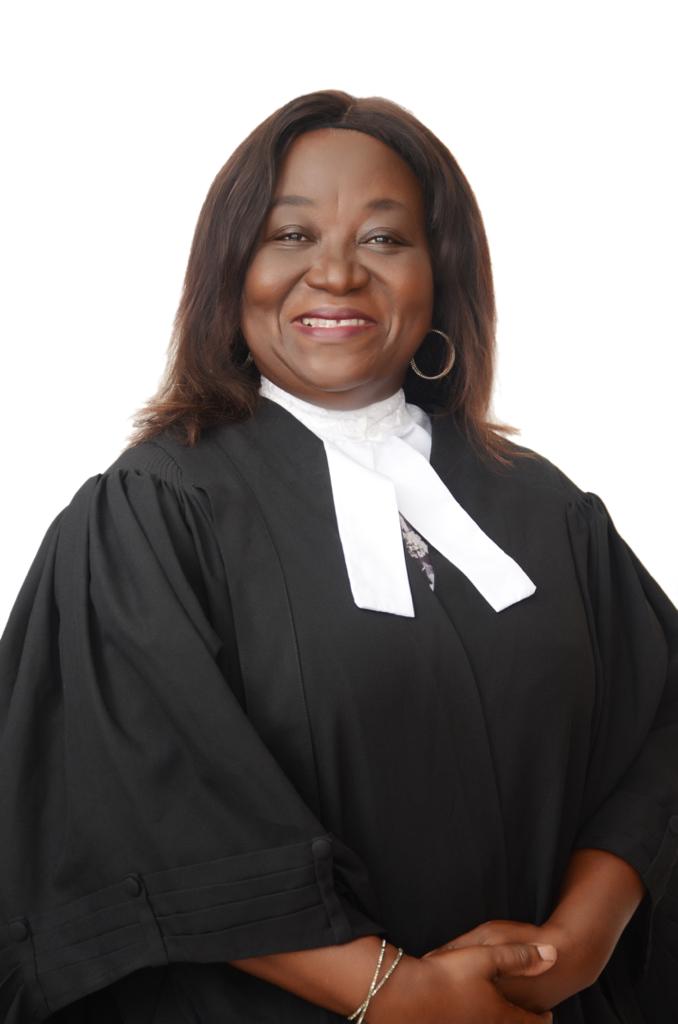Madam Gloria Ofori-Boadu, a women and children’s rights advocate has called for the mass involvement of the voting public in the demand for an affirmative action to increase women’s participation and representation in governance.
“There is the need for a massive public education so that the masses would understand what the affirmative action means and its benefits to our national development and social cohesion so that together they will lead the campaign”.
She said giving the fact that issues with gender and women empowerment did not look too good in our part of the world due to stereotypes and some cultural underpinnings, any move such as an affirmative action must not be championed by few groups in the society.
Speaking in an interview with the GNA Gender desk on how to increase women’s participation in governance and representation, Madam Ofori-Boadu also a managing legal person observed that backing of the populace was critical in ensuring the bill was passed.
Citing the Domestic Violence Act for instance, she noted that it had massive involvement and support of the public, where there was a prominent level of public awareness.
“We must adopt the same approach used for the Domestic Violence Act to ensure that such an important tool like the affirmative action becomes a reality” she added.
She said unfortunately, there were no efforts to bring the people along and get involved to understand its impact on national development.
According to her the fact that the Affirmative Action bill had traversed about eight Ministers of Gender, Children and Social Protection over a period of about nine-years supported the call for a massive education and involvement of the public.
Affirmative Action is an active remedial mechanism or policy aimed at removing discrimination, improve rights and socio-political progress of non-dominant groups in this case women who are historically disadvantaged.
It can also be described as a deliberate temporary act to facilitate equality in representation for national cohesion and development.
Ghana has made attempts since 1998 starting with affirmative action policy guidelines to promulgate an Affirmative Action Law without concrete results.
Women groups and Civil Society Organisations (CSOs) through coalition building, collective and solidarity actions have pushed for the adoption of affirmative action mechanisms and placed the prime issue of parity in women’s participation as a core demand in the last nine years.

